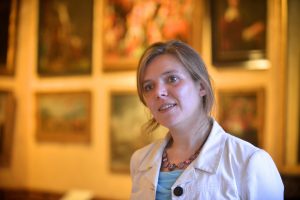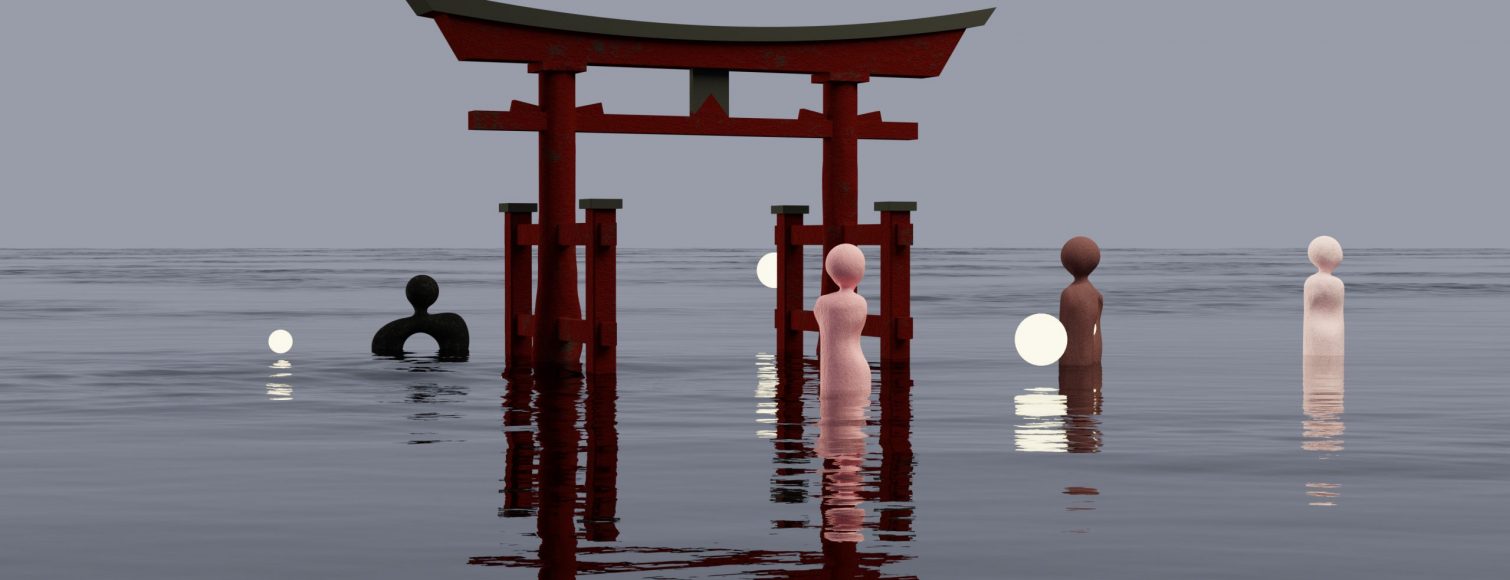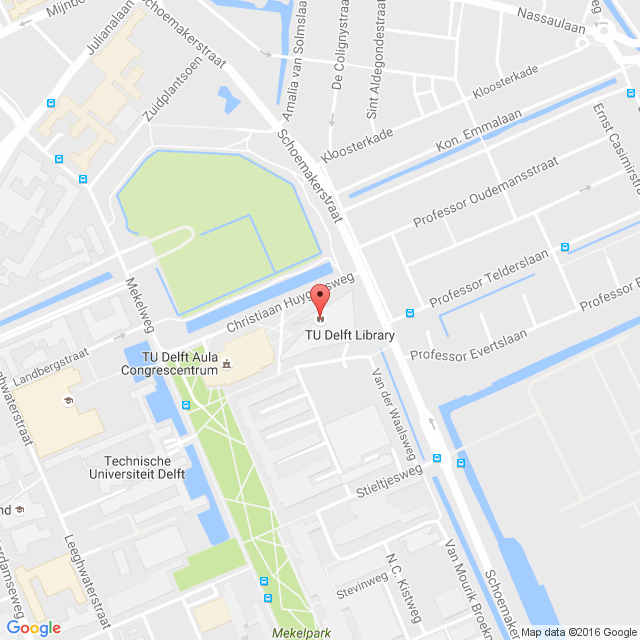Recording: Japanese Philosophy: The Power of Nothingness
In the 20th century, Japanese philosophers active at the University of Kyoto combined a Western approach to ‘doing’ philosophy with their own native concepts and ideas. There arose a Kyoto School, in which, of all things, ‘nothingness’ was a central concept.
Nothingness in the West usually has a negative connotation. It’s empty, meaningless, scary, and generally not something we like to think about. Not so for the Kyoto school. In their context, nothingness and emptiness take on a much deeper and balanced meaning. And not just intellectually, but experientially; it’s something everyone can experience.
In fact, over the past two years of covid lockdowns and quarantines, you yourself may have experienced more “nothingness” than you’d bargained for. What can Japanese philosophy teach you about these moments and their deeper meaning? Join us and find out!
Register for free via Eventbrite.

COVID-19 REGULATIONS
This lunch lecture in the Orange room of the TU Library is organised in line with current COVID-regulations applying to the TU Delft. At this point in time, face masks are no longer required, nor is it necessary to maintain 1.5m distance. See you there!
SG’s GLOBAL PHILOSOPHIES LECTURE SERIES
Who am I? What is a good life? And how do you build a just society? Philosophy asks the big questions in life, but the answers of course are diverse. In the West we look to different thinkers and theories than in the East or the South. What else is there beyond Plato and Nietzsche? Studium Generale will introduce you to a series of different philosophical traditions from China, India, Africa, and the Americas. An acquaintance with other ways of thinking, but also with believing, seeing, and feeling, through philosophy, poetry, theatre, music, and other forms of art.


